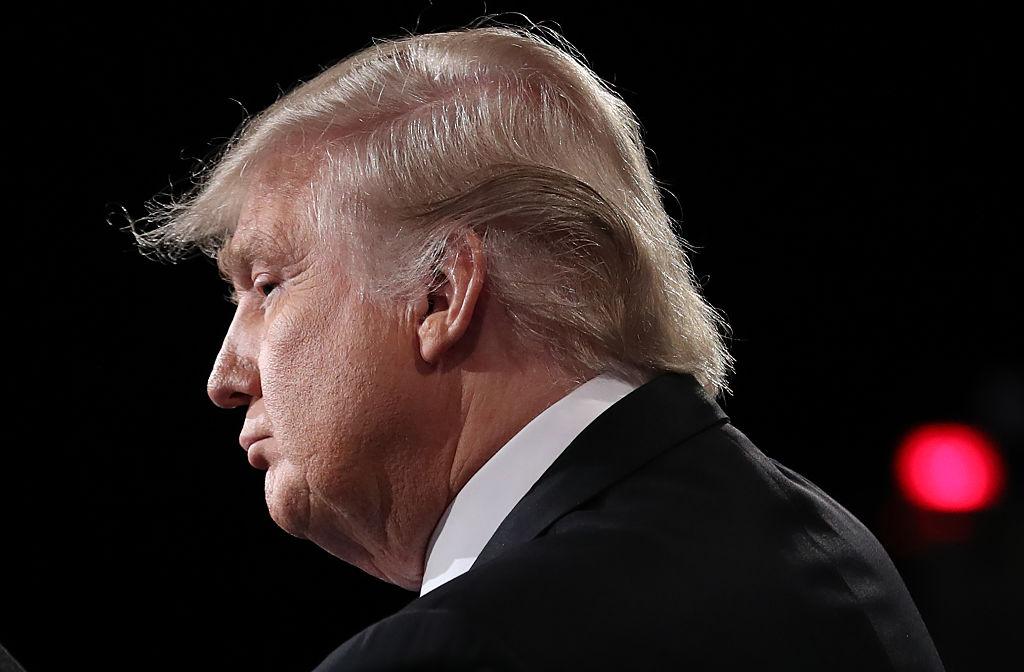Kuwait denies 'Muslim ban' story promoted by Donald Trump
'Reported nationalities enjoy full rights', insists foreign ministry

Your support helps us to tell the story
From reproductive rights to climate change to Big Tech, The Independent is on the ground when the story is developing. Whether it's investigating the financials of Elon Musk's pro-Trump PAC or producing our latest documentary, 'The A Word', which shines a light on the American women fighting for reproductive rights, we know how important it is to parse out the facts from the messaging.
At such a critical moment in US history, we need reporters on the ground. Your donation allows us to keep sending journalists to speak to both sides of the story.
The Independent is trusted by Americans across the entire political spectrum. And unlike many other quality news outlets, we choose not to lock Americans out of our reporting and analysis with paywalls. We believe quality journalism should be available to everyone, paid for by those who can afford it.
Your support makes all the difference.Kuwait has denied imposing a travel ban on nationals from several Muslim-majority countries, a move that was praised by US President Donald Trump.
The story was propagated by news web sites popular with Mr Trump’s supporters including Breitbart, Infowars and Sputnik.
The President hailed the purported ban as “Smart!” on his Facebook page and posted a link to an article by Jordan-based site Al-Badawaba, which claimed citizens from five majority-Muslim countries would no longer be able to obtain visas from the Gulf state.
Citing unknown sources, the report alleged that Syrians, Iraqis, Iranians, Pakistanis and Afghans would no longer be able to enter Kuwait, "mirroring" the US President's immigration ban.
Yet a Kuwaiti foreign ministry spokesperson told state news agency KUNA the government “categorically denies these claims and affirms that these reported nationalities [...] have big communities in Kuwait and enjoy full rights,”.
Citizens of the five nations that would have been affected visit Kuwait regularly, it added.
The rapid roll-out of an Mr Trump’s ‘Muslim ban’ at the end of January caused travel chaos and protests at American airports, with citizens from Iran, Iraq, Libya, Somalia, Syria, Sudan and Yemen affected.
Pre-approved refugees, students and workers with visas and residency green cards were all initially barred from flights to the US.
The controversial ban has been condemned by numerous world leaders – including by those from within the affected region – yet Mr Trump claimed on Twitter he enjoyed support in the Middle East.
“Interesting that certain Middle-Eastern countries agree with the ban. They know if certain people are allowed in it's death & destruction!” he said.
The United Arab Emirates was one country which did publicly give the ban a measured response. Foreign Minister Sheikh Abdullah bin Zayed called the ban an internal US matter which did not target Muslims.
A federal appeals court denied the President’s order on Sunday, causing the Department of Homeland Security to suspend all enforcement of the ban.
Mr Trump called the order from the “so-called” judge “ridiculous”, while the White House said the government would follow the court’s ruling until the Justice Department intervened.
Join our commenting forum
Join thought-provoking conversations, follow other Independent readers and see their replies
Comments